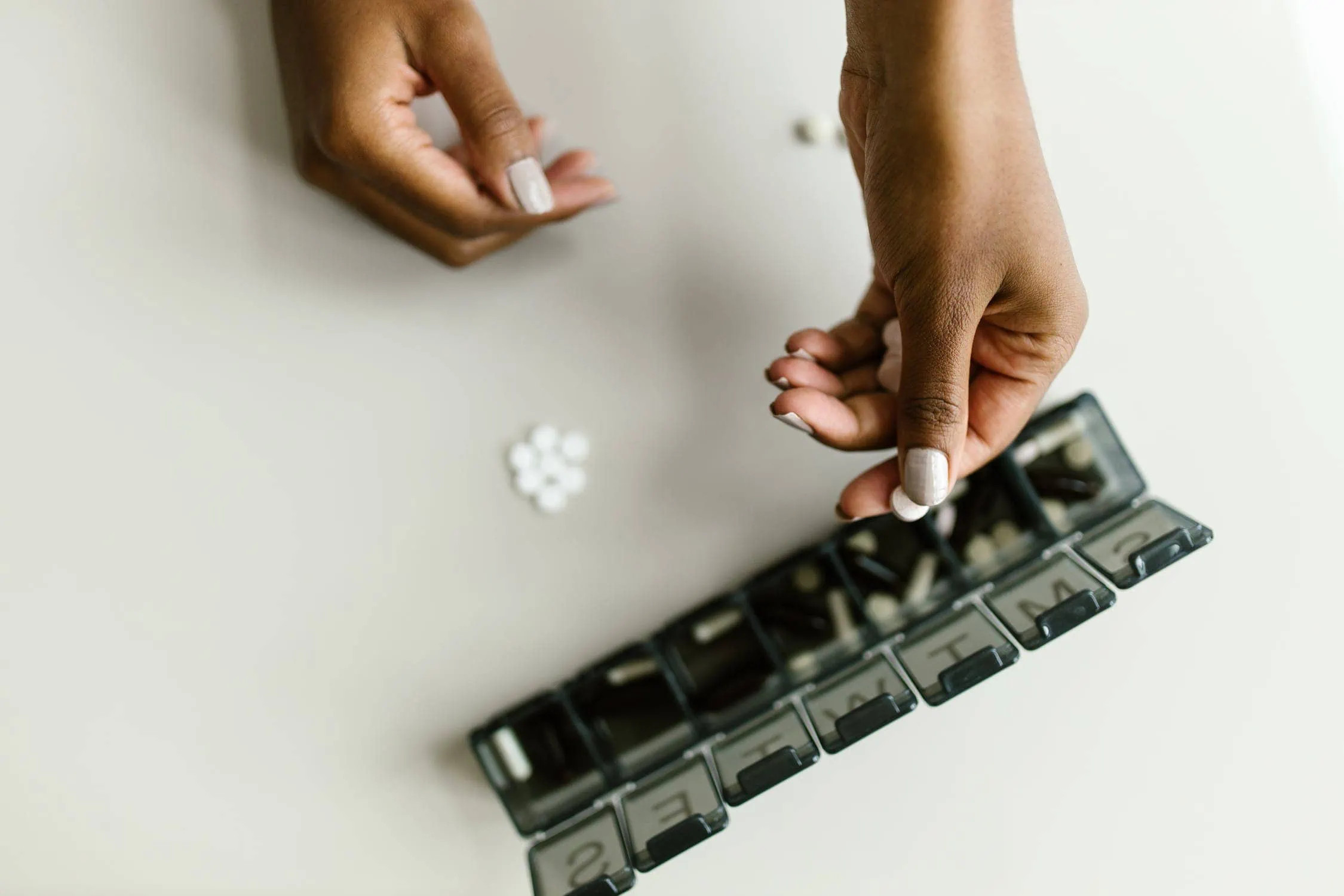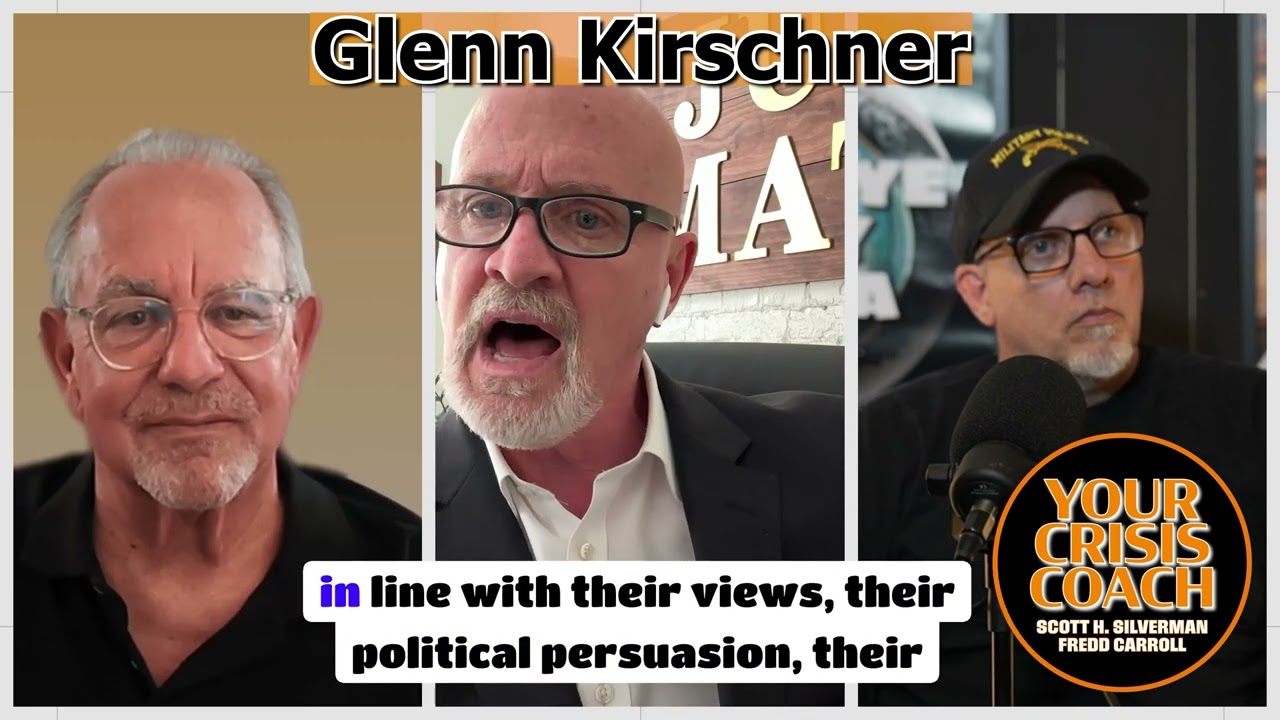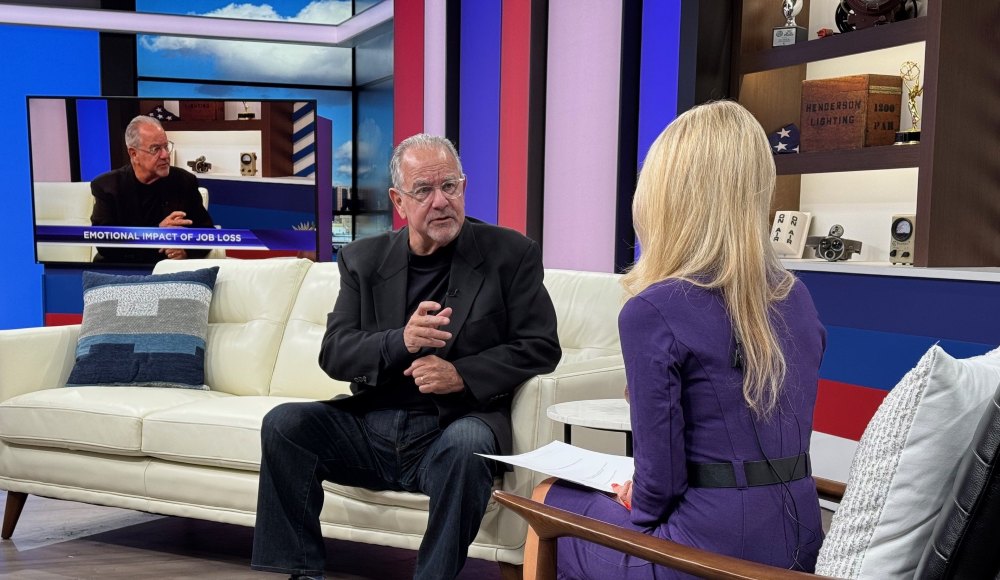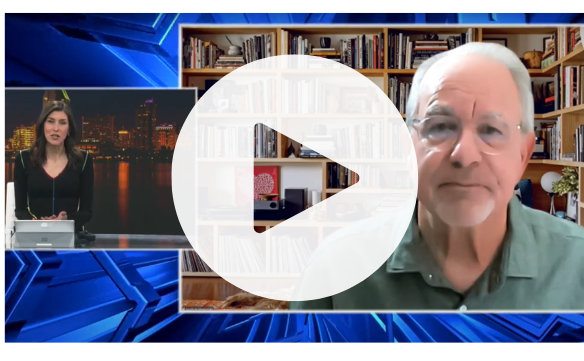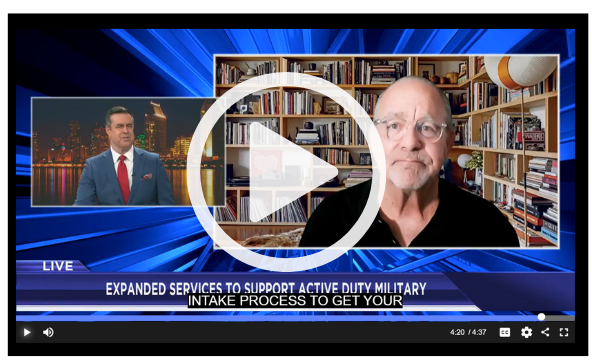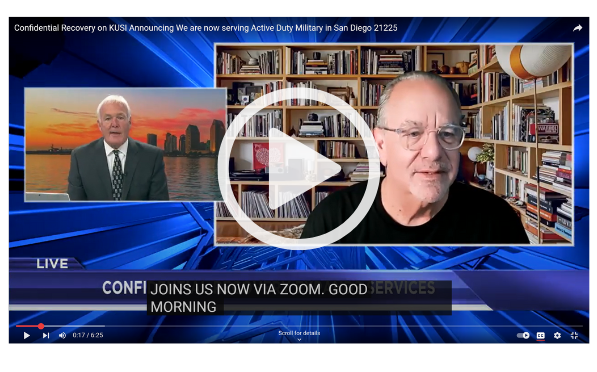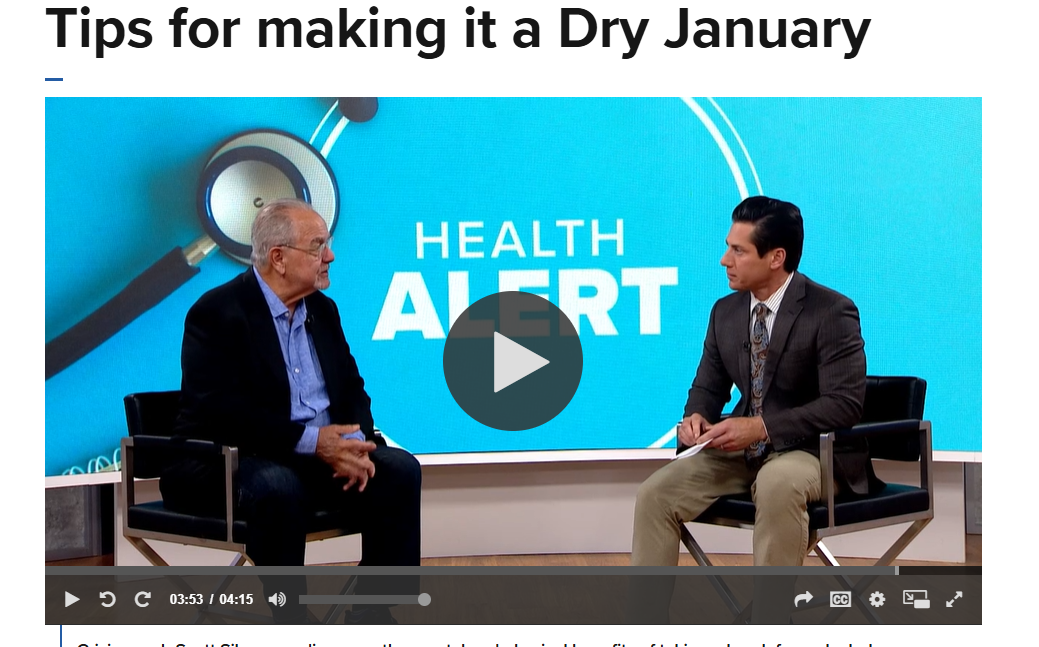In 2012, doctors wrote 255 million opioid prescriptions. Thanks to updated information about opioid addiction (and stricter guidelines for prescribing chronic pain medication), that number dropped to 153 million in 2019.
Unfortunately, prescription medication abusers are compensating with fentanyl, a synthetic opioid. During an April interview with Fox 2 Detroit, Scott mentioned that Southern California had seen a 400% increase in fentanyl overdoses.
The pandemic has also played a major role in the rise of overdoses. Everyone in the U.S. has more free time and added stress. Those two factors do not mix well for addicts.
In fact, 2020 saw the highest increase in overdoses over a 12-month period.
So what does this have to do with you? How can you help?
More than 60% of Americans improperly dispose of prescription medication, or they don’t dispose of them at all. Here are three points you should know about the prescription drugs in your medicine cabinet:
- People want your medication, and they are willing to go to great lengths to get it.
Sharps Compliance, Inc. cites a study by the U.S. Department of Health and Human Services which found that 70% of those who abuse prescription painkillers got them from a friend or relative. Often, the method of choice was stealing.
You also need to be aware of your medicine cabinet when opening your house for any reason, but especially when selling your home. The National Association of Realtors has begun educating realtors on preventing the theft of prescription medications during open houses.
Some addicts and dealers will attend open houses just to dig through the medicine cabinet.
- You can keep your medication out of the wrong hands.
Approximately two-thirds of prescription medications remain unused. Some of the reasons include condition improvement, forgetfulness, and unpleasant side effects. Plenty of people stick a prescription bottle in the back of their medicine cabinets, forget about it, and never notice when it goes missing.
The Drug Enforcement Administration created “Take Back Day” to give people an opportunity to dispose of medications properly. This twice-yearly initiative is designed to raise awareness of the opioid epidemic and teach people how their medication disposal—or lack thereof—can play a role.
However, you can properly dispose of medications any day of the year. Search for a year-round disposal center in your area, and take part in the fight against addiction.
- Hope and help are always available.
If you or a family member has become dependent on prescription medication, there is hope and help. You would call someone if you had diabetes; we should treat addiction no differently than other diseases.
As an experienced crisis coach and family navigator, Scott can help you clear out your medicine cabinet and get on the road to recovery.
For more information on the opioid crisis facing our nation, check out Scott H. Silverman’s book, The Opioid Epidemic. If you or a loved one needs help battling addiction, contact Scott at 619-993-2738. If he can’t personally help with your unique situation, he will put you in touch with someone who can! Scott is the CEO of Confidential Recovery, an outpatient addiction treatment program in San Diego.
(c) 2021 Scott H Silverman. All Rights Reserved.
